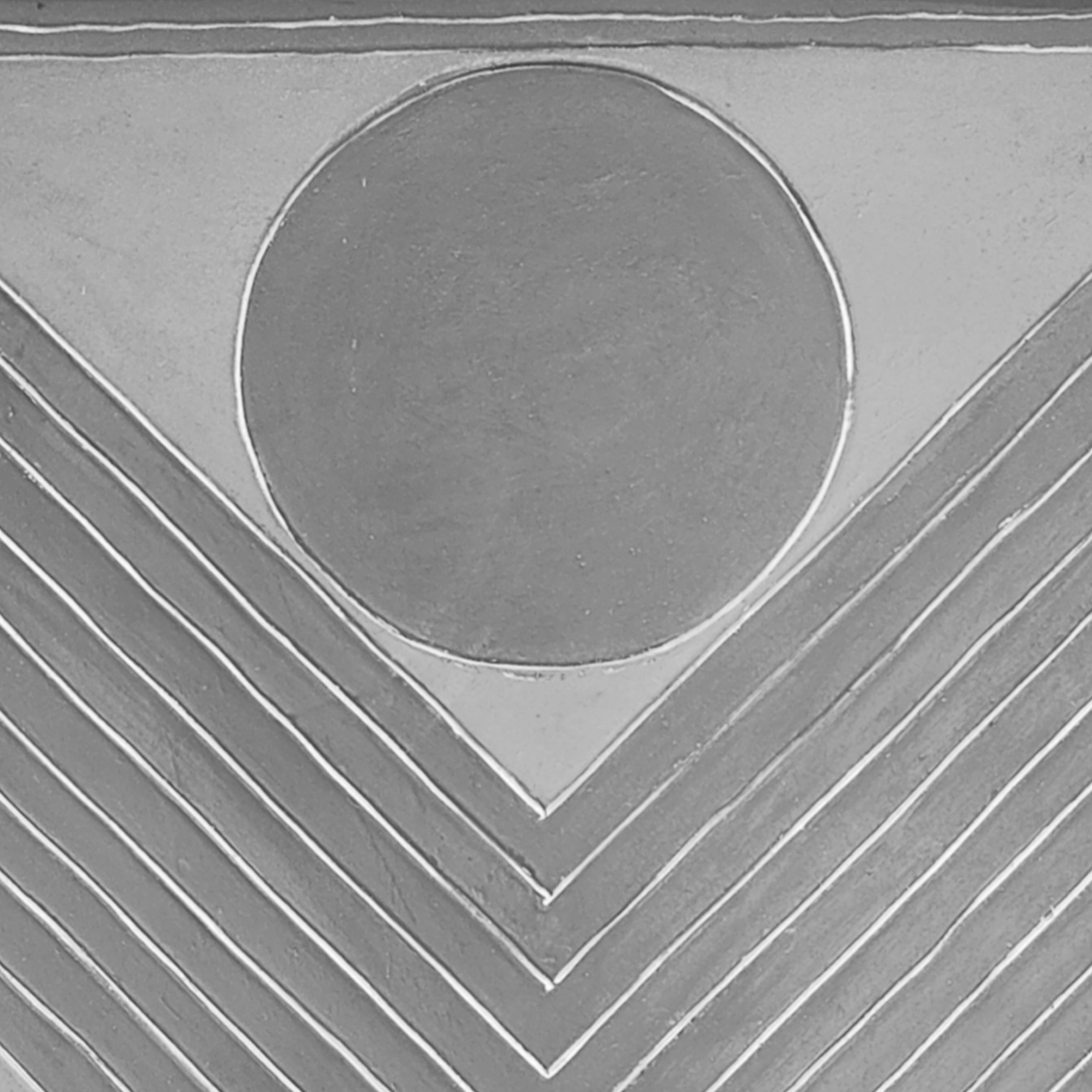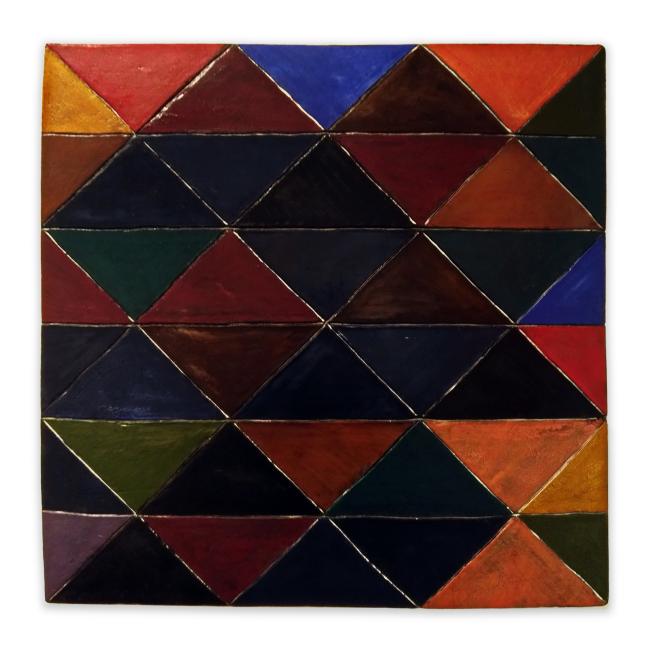Sayed Haider Raza

Sayed Haider Raza (1922–2016) was one of the leading figures of Indian modernism in the 20th century. Born in Babaria, Madhya Pradesh, he studied at the Sir J. J. School of Art in Mumbai, graduating in 1943. In 1947, the year of India’s independence, he co-founded the Progressive Artists’ Group, which played a crucial role in redefining Indian painting beyond colonial academicism.
In 1950, Raza moved to Paris on a French government scholarship and studied at the École des Beaux-Arts, winning the Prix de la Critique in 1956. His work soon gained international recognition, exhibited widely across Europe, India, and the United States.
From the 1980s onward, Raza’s practice underwent a spiritual and formal shift: inspired by Indian philosophy and cosmology, he began structuring his compositions around the bindu (primordial dot), sacred geometry, and chromatic meditations. His later paintings are luminous, abstract reflections on universal energy and inner stillness.
He was the recipient of numerous honors, including the Padma Shri (1981), and major retrospectives of his work have been held in New Delhi, Mumbai, and at the Centre Pompidou in Paris.
“Painting does not come from the intellect. It comes from the deeper layers of life and a heightened state of intuitive perception.”
— S.H. Raza


